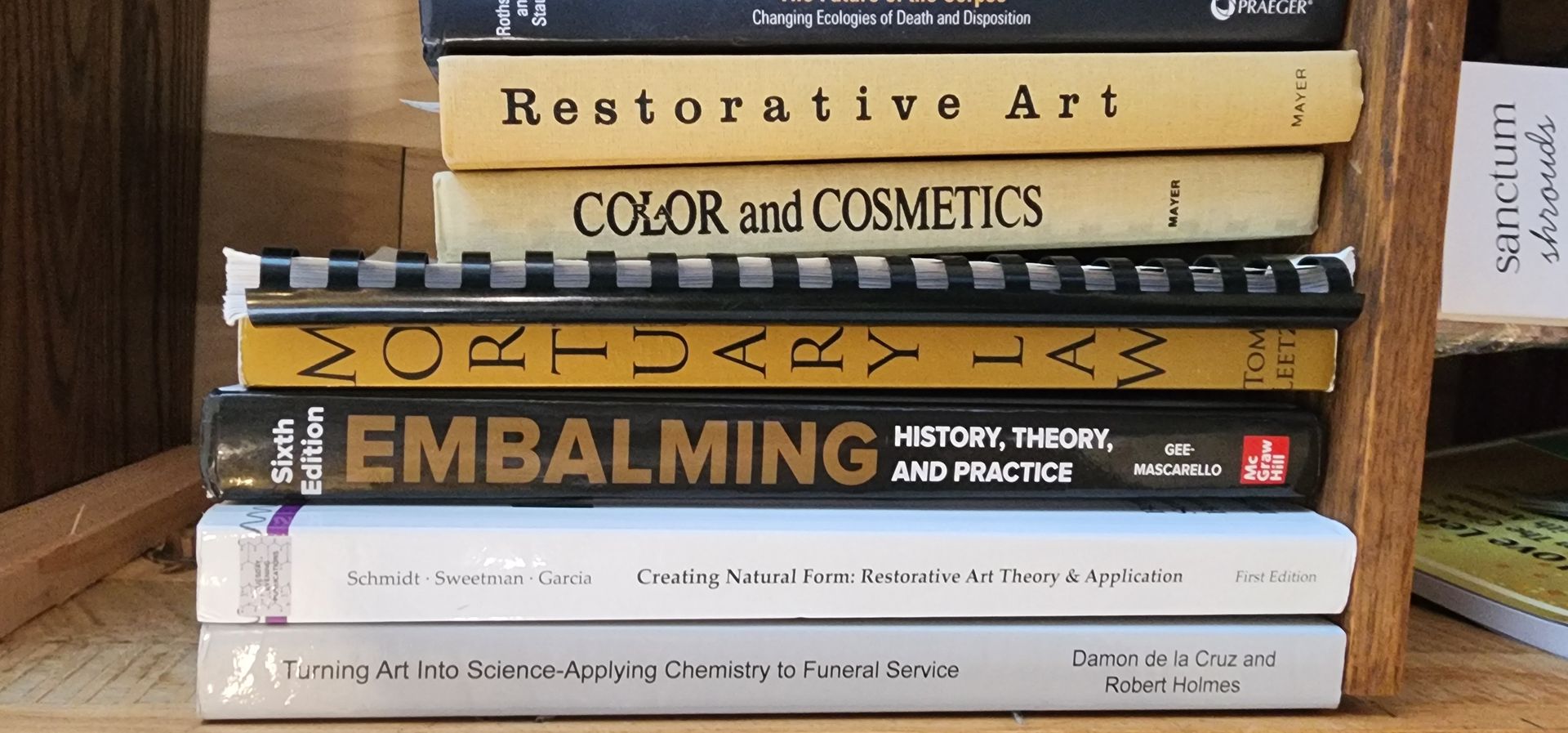What is Alkaline Hydrolysis?
What is Alkaline Hydrolysis?

Water Cremation: A New and Environmentally Friendly Alternative
As our society becomes increasingly aware of the impact of our actions on the environment, more and more people are looking for ways to reduce their carbon footprint even in death. Traditional cremation is a popular option, but it still uses fossil fuels and releases harmful greenhouse gases. However, a new and environmentally friendly alternative is emerging: water cremation.
Also known as aquamation, alkaline hydrolysis, or resomation/aquamation, water cremation is a process that uses water and alkaline chemicals to break down the body into its basic components. The process takes place in a stainless-steel chamber that looks similar to a traditional cremation chamber, but instead of flames, it uses water and heat to speed up the natural process of decomposition.
Water cremation is a gentle and respectful process that preserves the dignity of the deceased. The body is placed in a specialized container, which is then filled with water and an alkaline solution. The mixture is heated and agitated, which breaks down the body's tissues and bones. What's left is a sterile liquid that can be safely returned to the environment or used as a fertilizer, and a small amount of bone fragments that can be scattered or placed in an urn.
One of the main advantages of water cremation is its low environmental impact. The process uses only a fraction of the energy of traditional cremation, and it doesn't release harmful pollutants into the air. In fact, water cremation is so environmentally friendly that it's legal in many states that don't allow traditional cremation.
Another advantage of water cremation is that it doesn't require embalming, which can be an expensive and invasive process. Embalming involves injecting chemicals into the body to delay decomposition, and it can also release harmful chemicals into the environment. With water cremation, the body is treated with respect and dignity without the need for embalming.
Water cremation is still a relatively new option, and not all funeral homes offer it yet. However, it's a growing trend that's gaining popularity, especially among those who are environmentally conscious. As more people become aware of the benefits of water cremation, it's likely that it will become a more widely available and affordable option.
In conclusion, water cremation is a new and environmentally friendly alternative to traditional cremation that offers many benefits. It's a gentle and respectful process that preserves the dignity of the deceased, while also reducing our impact on the environment. If you're interested in learning more about water cremation, talk to your local funeral home to see if they offer this option.
New Paragraph












